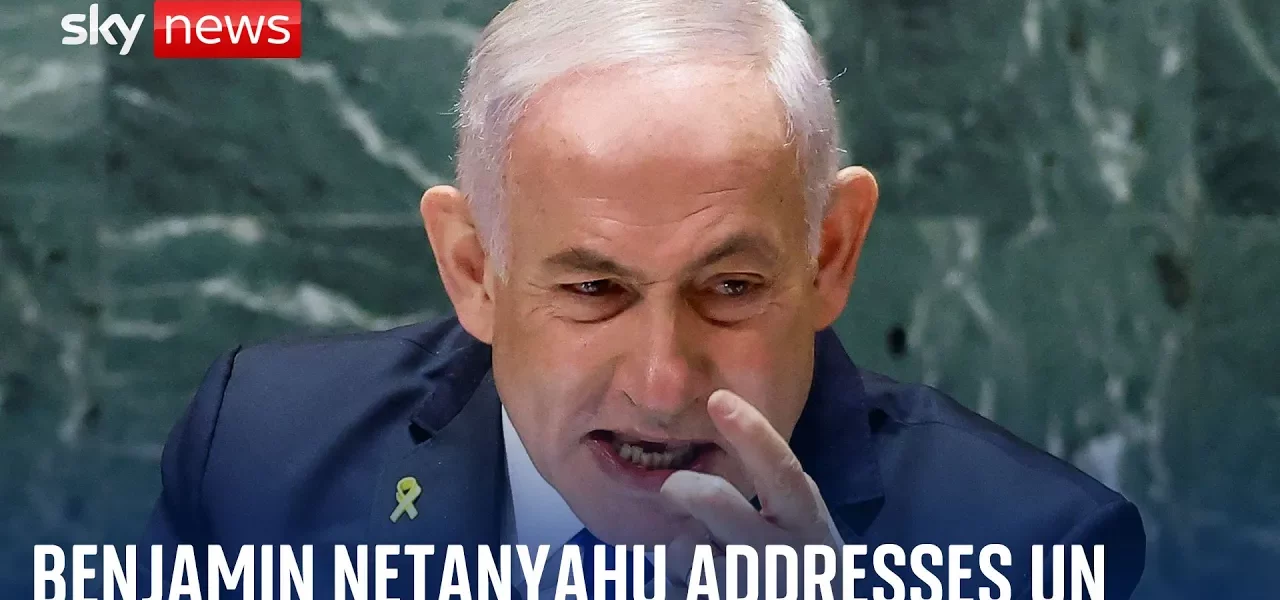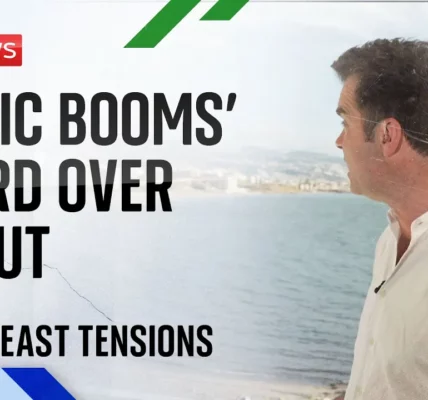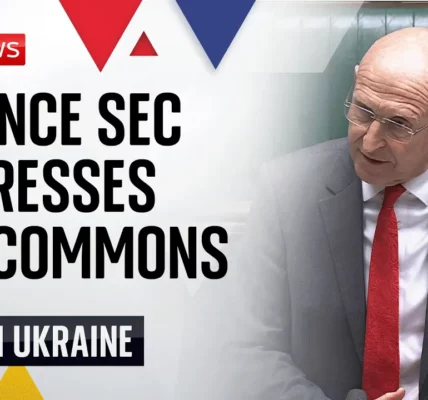The Curse of October 7th: An In-Depth Analysis of Israel’s Struggle Against Terrorism

This article explores the complexities of the ongoing conflict in the Middle East, particularly focusing on the events that unfolded after October 7th, when Hamas invaded Israel from Gaza, and the subsequent military and geopolitical ramifications involving Iran and its proxies.
Introduction
The events of October 7th marked a significant turning point in the Israeli-Palestinian conflict, as Hamas launched a surprise attack on Israel from Gaza, leading to a multifaceted military response. This article delves into the various fronts of conflict that Israel has had to face since that day, the role of Iran in exacerbating these tensions, and the broader implications for regional and global security. The situation is complex, with layers of historical grievances, geopolitical maneuvering, and humanitarian concerns that cannot be overlooked.
The Initial Attack and its Consequences
On October 7th, Hamas initiated an unprecedented invasion of Israel, leading to immediate military action by Israeli forces. This section outlines the immediate aftermath of the invasion and the responses from Israel.
The Scale of the Attack
Hamas’s attack involved the coordinated launching of over 8,000 rockets into Israeli towns and cities, targeting civilians and infrastructure. The implications of these actions set off a sequence of events that would involve multiple fronts of conflict.
International Response and Solidarity
The international community reacted with a mix of condemnation of the violence and calls for peace. However, the response was often complicated by the political affiliations of various nations.
The Role of Iran in the Conflict
Iran’s involvement in the conflict has been pivotal, as it has backed various militant groups that threaten Israel’s security. This section explores Iran’s strategic interests and its support for Hamas and Hezbollah.
Iran’s Support for Hamas
Following the initial attack, Iranian-backed Houthis in Yemen launched drone and missile strikes against Israel, escalating tensions further. The Iranian regime has been instrumental in providing military support to Hamas, which has significantly enhanced its operational capabilities.
Militias in Syria and Iraq
In addition to Hamas, Iranian-supported militias in Syria and Iraq have targeted Israel multiple times, adding another layer of complexity to the conflict. This ongoing aggression highlights the regional ambitions of Iran to establish a foothold in the Middle East.
The Military Response from Israel
In response to these multifaceted threats, Israel has undertaken significant military operations aimed at neutralizing these threats. This section details Israel’s military strategy and its implications.
Operational Successes against Hamas
The Israeli Defense Forces (IDF) have made substantial strides in degrading Hamas’s military capabilities. Key operations have led to the destruction of a vast majority of Hamas’s rocket arsenal and the elimination of numerous terror battalions.
Challenges in Civilian Safety
Despite these military successes, Israel faces the constant challenge of ensuring civilian safety. The IDF has implemented measures to minimize civilian casualties, including:
- Dropping flyers to warn civilians of impending strikes
- Sending text messages to alert residents
- Coordinating with humanitarian agencies to facilitate safe evacuations
The Humanitarian Crisis in Gaza
The conflict has precipitated a severe humanitarian crisis in Gaza, as civilians bear the brunt of the ongoing violence. This section addresses the humanitarian implications of the conflict.
Hamas’s Control Over Aid
Hamas has been accused of diverting humanitarian aid for its own use, exacerbating the suffering of the Gazan population. Reports indicate that aid meant for civilians is often sold at inflated prices, contributing to widespread deprivation.
The Need for a Solution
For a sustainable peace to be achieved, there must be a concerted effort to dismantle Hamas’s governance in Gaza. It is crucial to establish a demilitarized and deradicalized administration that prioritizes the welfare of its citizens.
The Broader Implications for Regional Peace
Looking beyond the immediate conflict, the geopolitical landscape of the Middle East is at a crossroads. This section explores the potential for peace and cooperation among nations in the region.
The Abraham Accords and Future Collaborations
The Abraham Accords represent a historic opportunity for Israel to foster relationships with Arab nations. Such partnerships could lead to:
- Increased trade and economic collaboration
- Joint ventures in technology and infrastructure
- Enhanced security cooperation against mutual threats
The Challenge of Iranian Aggression
However, the ongoing threat posed by Iran and its proxies complicates these efforts. The international community must take a unified stand against Iranian expansionism to pave the way for lasting peace.
Conclusion
In summary, the events following October 7th have laid bare the complexities of the Israeli-Palestinian conflict and the broader geopolitical dynamics at play. Israel’s fight against terrorism continues to shape its security policies and international relations. The choice before the global community is clear: will nations stand with Israel in its fight for survival and peace, or will they allow the forces of terror to dictate the future of the Middle East? It is crucial for the world to support Israel’s efforts in restoring stability and ensuring a prosperous future for all nations in the region.
For more insights on the ongoing conflicts and their implications, explore our related articles on Middle Eastern Geopolitics and The Role of International Diplomacy in Conflict Resolution.
“`




